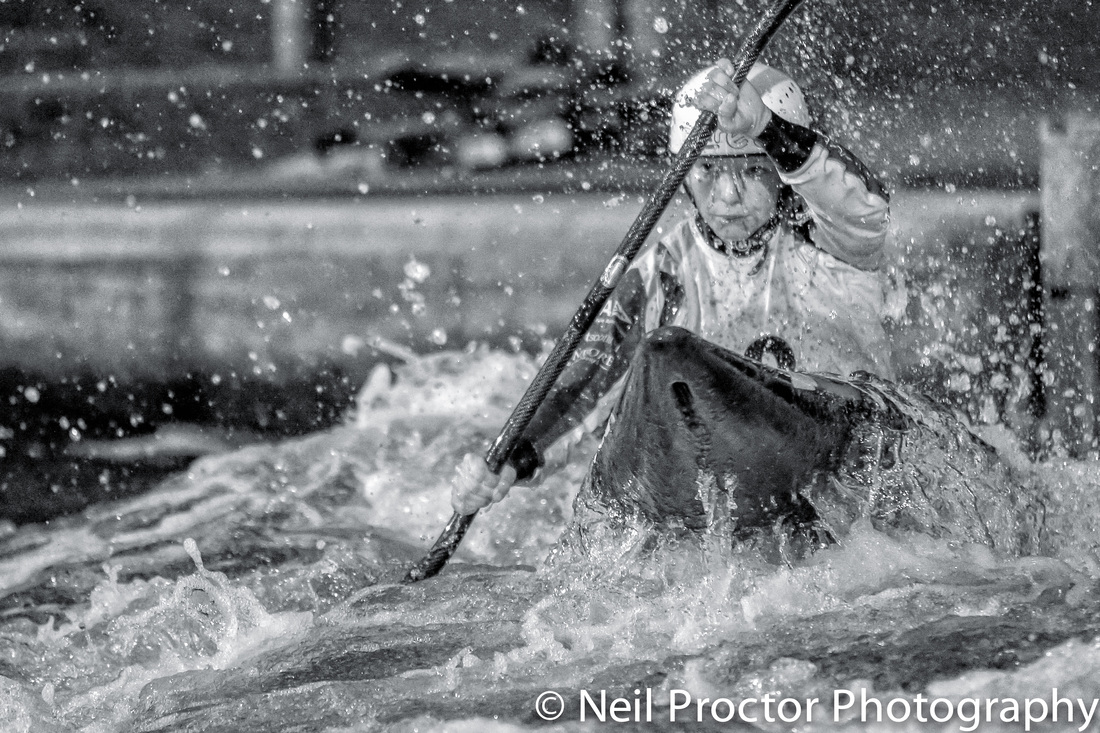I read 'Bounce: The Myth of Talent' a couple of years ago, and what I learnt from it has stuck with me ever since. That for a perfect performance, we need to let our brains control our action, our experience shape our 'game'. This kind of involves letting go of your conscious hold on the situation, and handing it, no-strings-attached, to your body. Which is really really hard. Imagine being told that, in order to get to work, you need to jump out of a plane - and your friend at the bottom has the remote control for your parachute. You know and trust your friend, and the reasonable part of your brain understands that they won't let you plummet to your death. But actually if I had to stand in that place, I would have numerous objections to the situation.
Because when you're sitting on a start line, it is so easy to get into a cruel mental cycle - 'it's going to be ok, I'm really calm, I'm going to do my plan, it's going to be ok.' Amidst so much mental noise, how can your brain possibly get the best chance to do it's thing? The best paddlers, the very best in the world, look as calm as though they are going to go for a quiet, one to one training session. Not a high pressured 120 seconds in front of thousands of people. At the Paul Mcconchy race in Nottingham, I felt like I paddled at a reasonable standard for me - until the finals run, when I made a clear mental decision to race really fast. It wasn't a swithering, worried plan to do the course a bit faster. It was a distinct switch, from relaxed to pumped. It's probably very different for loads of people, but for me it turns out, that doesn't really work.
How to improve on this kind of thing? From what I can gather from better athletes than me, before races they get just as nervous as I do. But through experience and long, long practise they have developed methods of coping, of turning off the mental noise and going back to a place where it's just a calm, fun, one to one session.

 RSS Feed
RSS Feed
